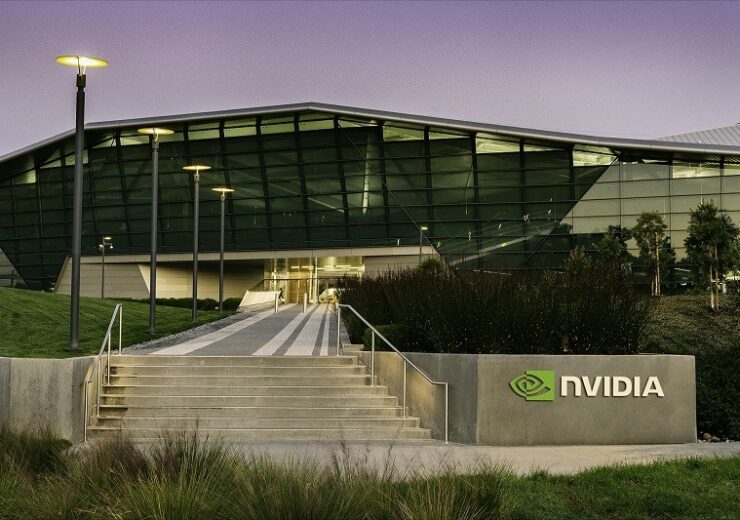The merged entity will have the ability and incentive to harm the competitiveness of the US firm’s rivals by stifling access to Arm’s IP, said CMA

Nvidia’s $40bn acquisition of Arm referred to an in-depth probe by the CMA. (Credit: NVIDIA Corporation)
The UK’s Competition and Markets Authority (CMA) said that Nvidia’s previously announced $40bn acquisition of British semiconductor and software design company Arm raises serious competition concerns.
The British competition watchdog, which has concluded a phase 1 probe into the deal, said that it has referred the transaction for an in-depth phase 2 investigation.
Nvidia, which is a US-based computer systems design services company, signed the cash and stock deal to acquire Arm in September 2020. The latter is currently owned by SoftBank Group and the SoftBank Vision Fund.
Through the deal, Nvidia aims to create a premier computing company for the age of artificial intelligence (AI).
According to the CMA, its concern with the deal is that the merged entity will have the ability and incentive to hurt the competitiveness of Nvidia’s rivals by curbing access to Arm’s intellectual property (IP).
The regulator noted that Arm’s IP is used by firms engaged in manufacturing semiconductor chips and related products, which compete with Nvidia.
The CMA said that the potential removal of competition may stifle innovation in various markets such as data centres, the Internet of Things (IoT), gaming, and autonomous cars. This will lead to costlier or inferior products for businesses and consumers, warned the CMA.
The competition regulator said that although the US firm came up with a behavioural remedy for one of its businesses, it wasn’t enough to alleviate its concerns.
CMA chief executive Andrea Coscelli said: “We’re concerned that Nvidia controlling Arm could create real problems for Nvidia’s rivals by limiting their access to key technologies, and ultimately stifling innovation across a number of important and growing markets. This could end up with consumers missing out on new products, or prices going up.
“The chip technology industry is worth billions and is vital to products that businesses and consumers rely on every day.”
The CMA said that the Secretary of State (SoS) for the Department for Digital, Culture, Media and Sport (DCMS) will decide if the merger should be referred for an in-depth phase 2 investigation on competition as well as on national security grounds. The SoS could also decide whether it should be passed back to the CMA to probe only on competition grounds.


